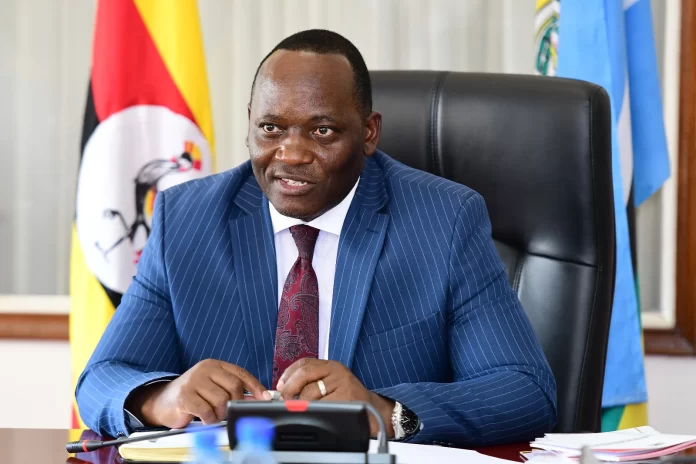Kampala, Uganda – Mathias Mpuuga, the National Coordinator for the Democratic Alliance (DA), has called for significant reforms in Uganda’s political structure, emphasizing the urgent need to reduce the size of Parliament. Speaking at a recent press briefing, Mpuuga warned that without intervention, the number of parliamentary seats could continue to rise to unsustainable levels, potentially exceeding 600.
“If nothing is done, the size of Parliament will be 600 or more,” he noted, highlighting the risks associated with a bloated legislature that may struggle to effectively serve the people. Mpuuga’s comments reflect broader concerns about the growing costs of Uganda’s political system and its impact on governance.

He proposed a three-fold reduction in the size of Parliament, arguing that this would help streamline governance and focus resources on critical development areas. Additionally, Mpuuga stressed the importance of devolution, advocating for local governments to take on more responsibilities.
“The size of our economy is small, and we are expanding our appetite for our mouth to consume,” he warned, pointing out the disconnect between the growth of political structures and the country’s economic capacity. He emphasized that Uganda’s economic resources are already strained, and further expanding the political establishment could exacerbate fiscal challenges.

Mpuuga urged politicians to manage their ambitions and prioritize service delivery over personal or partisan gain. His remarks reflect growing concerns about Uganda’s political and economic future, particularly as the country faces challenges such as poverty, unemployment, and regional inequality.
As Uganda approaches the 2026 general elections, Mpuuga’s proposals for parliamentary downsizing and expanded service delivery could serve as a blueprint for reform aimed at creating a more efficient government focused on development.



























